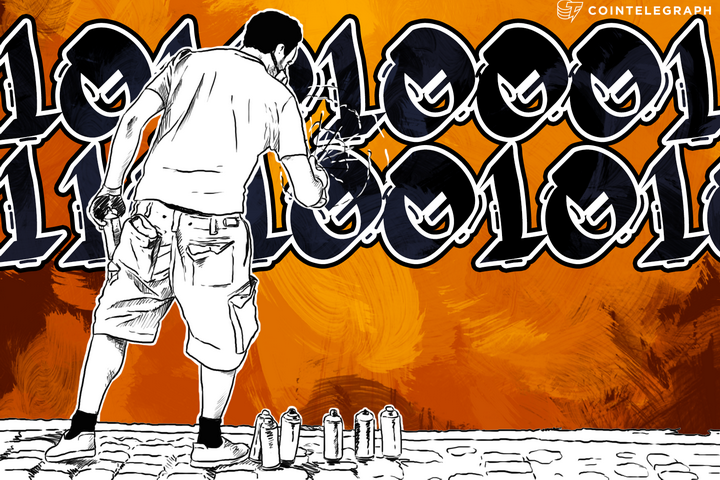A landmark report from the United Nation's Office of the High Commissioner warns that restrictions on encryption could dull freedom of expression.
The report comes amid an iconic debate that asks: Should governments be allowed to undermine the use of encryption — which involves encoding information so that intruders cannot access it — in order to capture criminals?
In what has been called the War on Crypto Terror, governments aim to impose backdoors on digital devices in order to thwart crime, while security researchers and companies espouse stronger security. The debate is well-explored in Bitcoin. Anonymity tools like Darkwallet have cropped up in the name of financial privacy.
The report, authored by special rapporteur David Kaye, kicks off with an Orwellian warning:
“Contemporary digital technologies offer Governments, corporations, criminals and pranksters unprecedented capacity to interfere with the rights to freedom of opinion and expression.”
In 21-pages, Kaye concludes that governments should not undermine encryption, which the report claims is essential for freedom of expression:
“Blanket prohibitions fail to be necessary and proportionate. States should avoid all measures that weaken the security that individuals may enjoy online, such as backdoors, weak encryption standards and key escrows.”
It's a familiar argument. The U.S. tech sector recently urged the White House to rule out backdoor policies. In a letter, companies — Apple and Microsoft among them — cryptographers, and civil rights organizations warned that backdoors could easily be abused by intruders and thus could “undermine human rights.”
But according to the UN report, government-mandated decryption occasionally makes sense:
“Court-ordered decryption, subject to domestic and international law, may only be permissible when it results from transparent and publicly accessible laws applied solely on a targeted, case-by-case basis to individuals (i.e., not to a mass of people) and subject to judicial warrant and the protection of due process rights of individuals.”
States should be allowed to decrypt communications on a “case-by-case” basis, in contrast with mass surveillance, which requires backdoors for criminals and non-criminals alike. That's the approach taken by the NSA, as documents released by Edward Snowden have shown. But the report doesn't offer a way for encryption to be targeted.
Governments seem to be growing bolder. In January, Prime Minister David Cameron threatened create a law to undermine encryption. And indeed, the UK recently re-introduced the Investigatory Powers Bill, which requires businesses to bolster surveillance and undermine encryption. The bill caused a stir — blockchain software company Eris Industries left the UK in protest.
The crypto debate has been growing louder, and the report is another strong signal that encryption restrictions won't be taken lightly.



